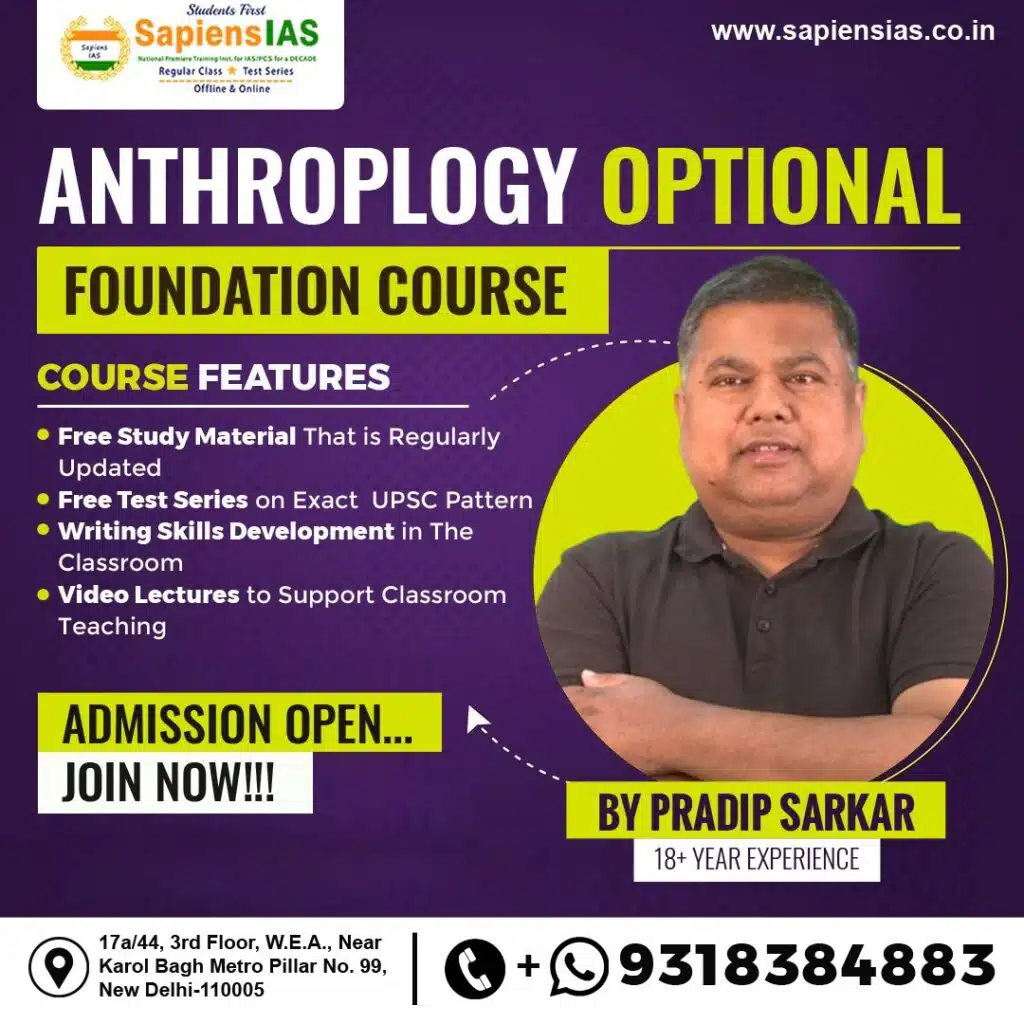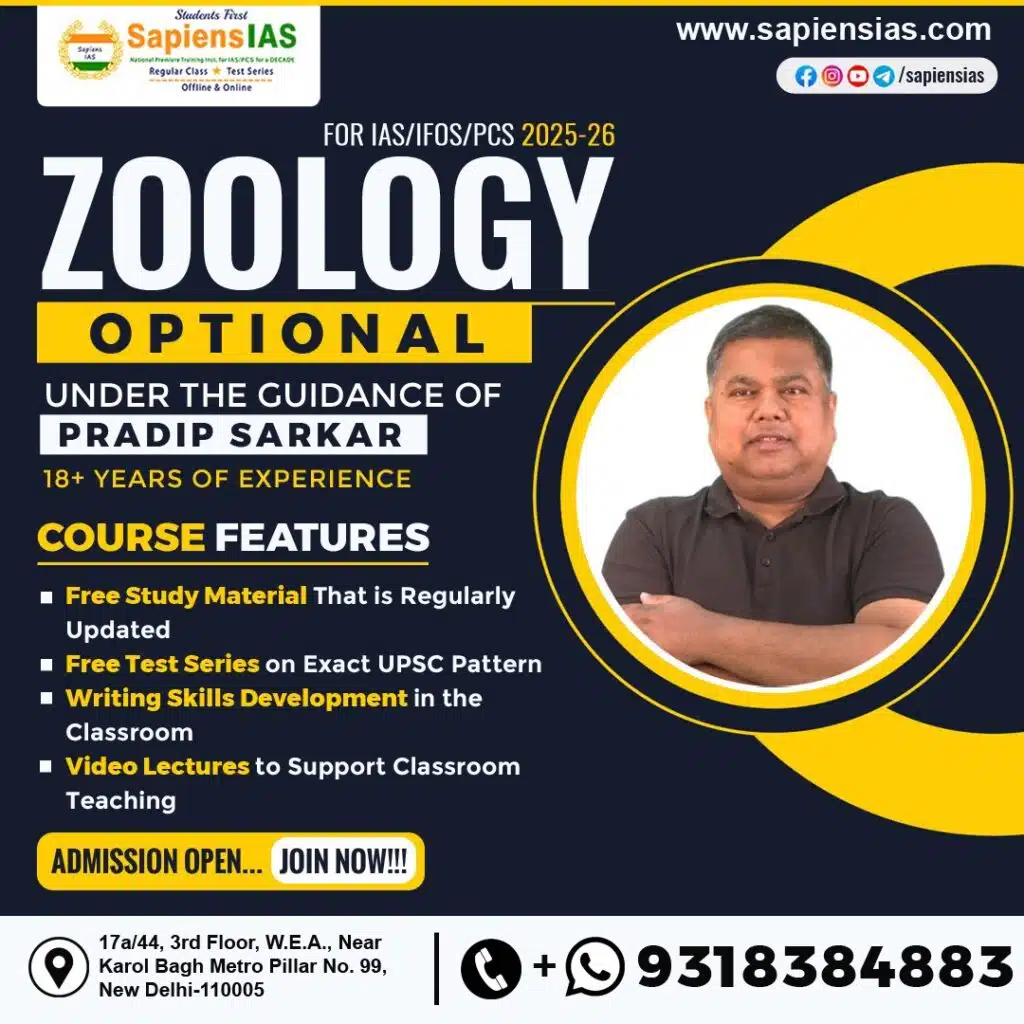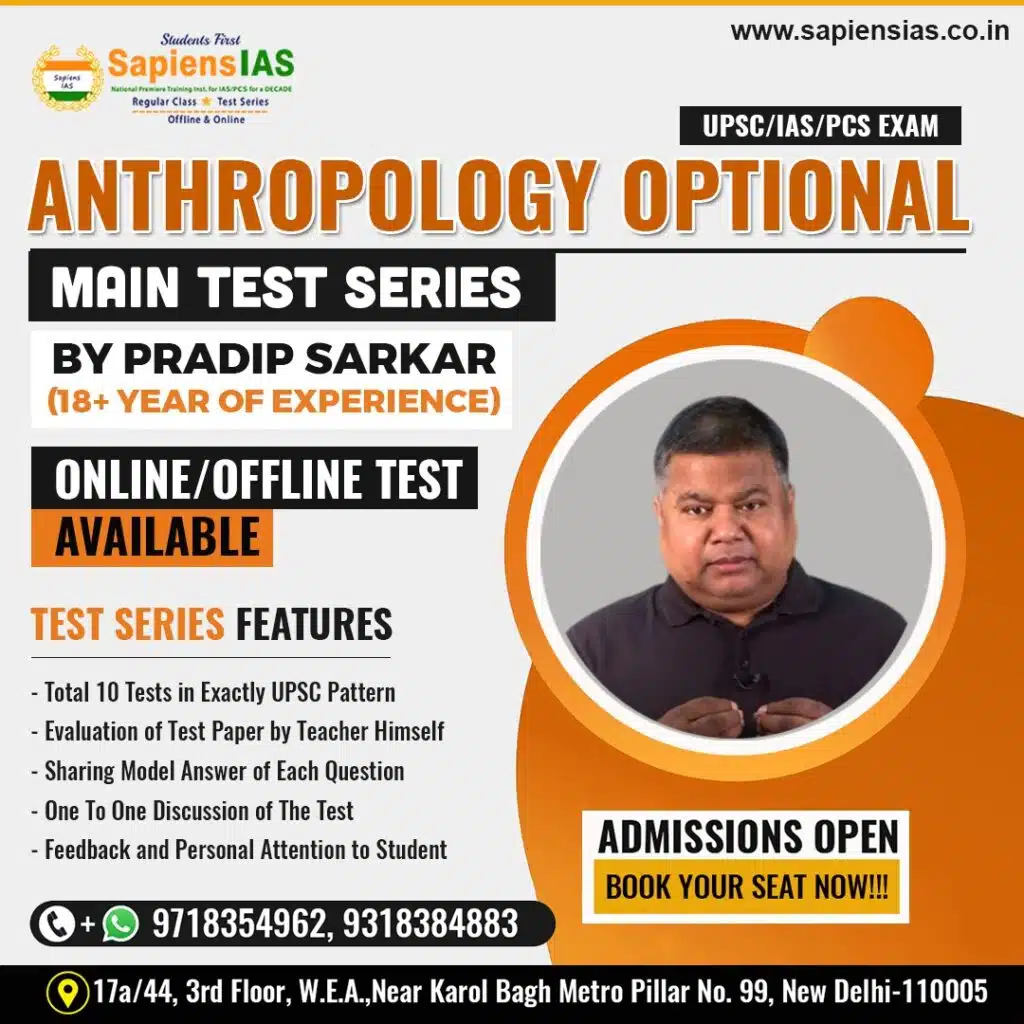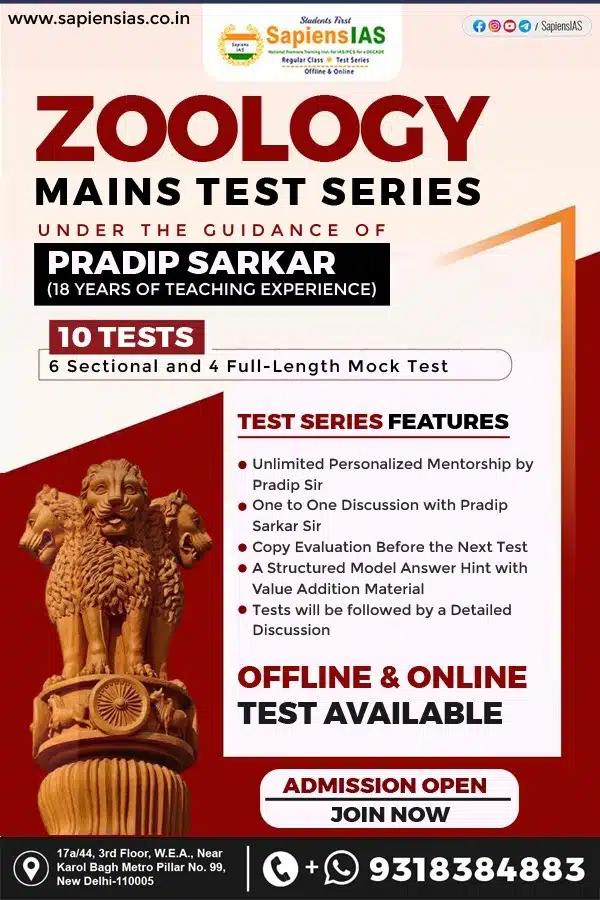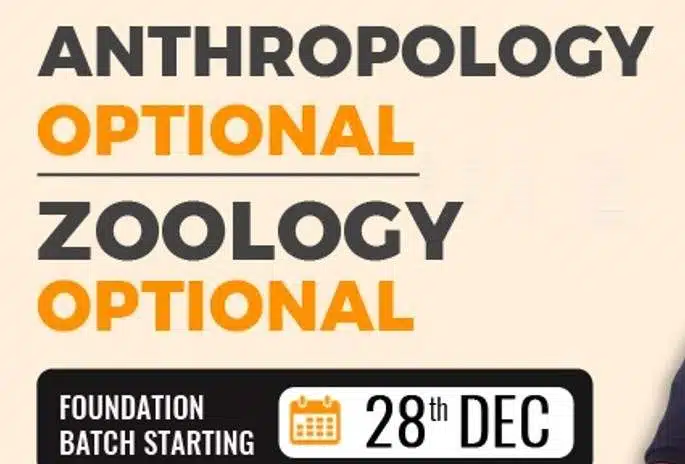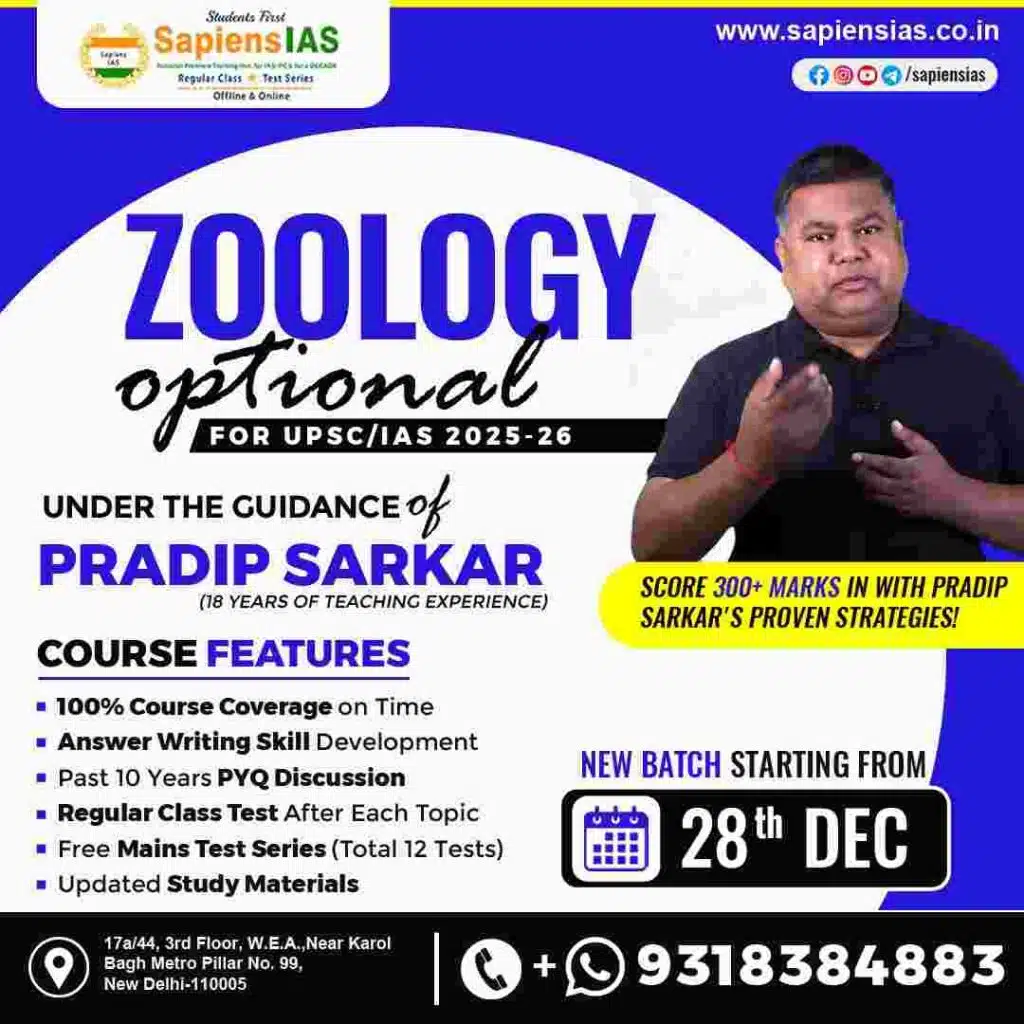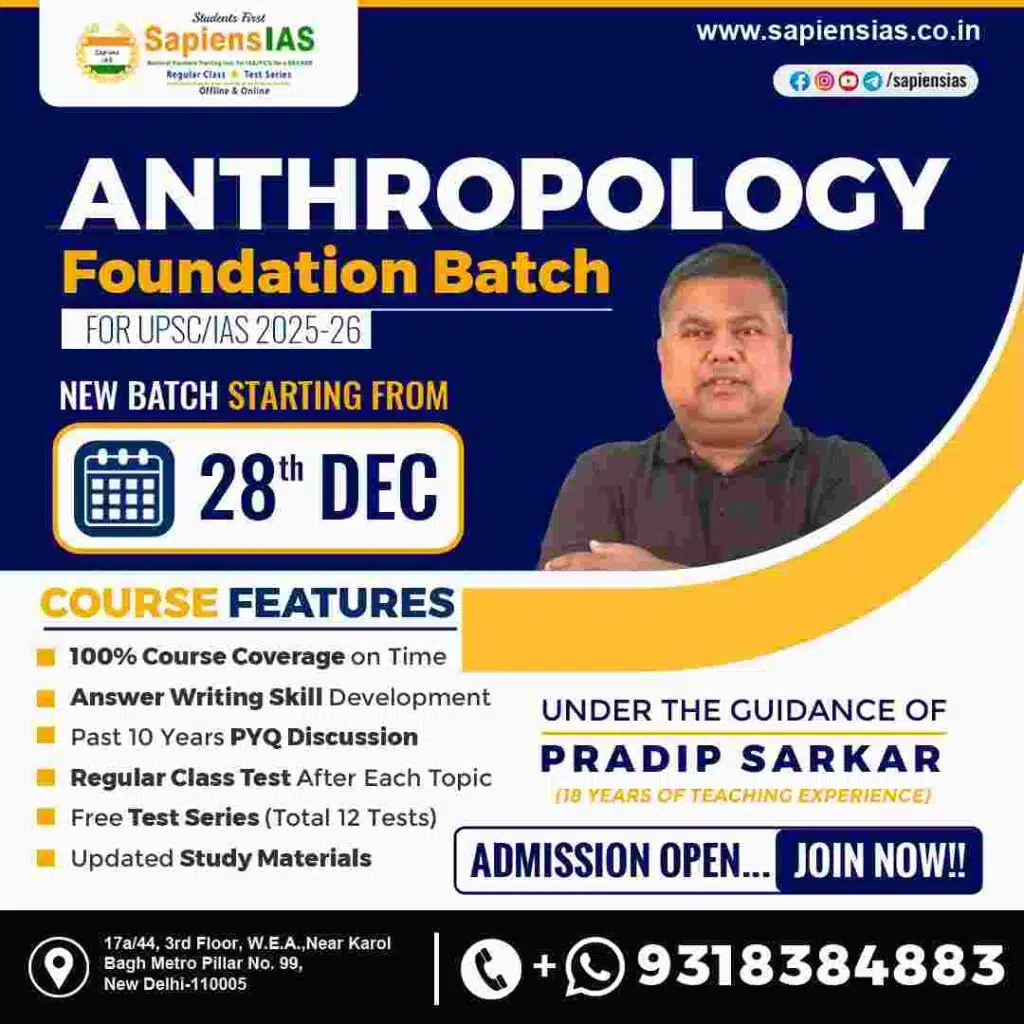A good base in general knowledge is important for clearing the civil services exam and for the career ahead. As I had mentioned in a previous post, this job requires broad-based people with a good understanding of the things happening around them.
Table of Contents
ToggleAs far as the exam is considered, 600 marks in the GS papers + 200 in essay + 300 in the interview depends on your general knowledge base. And of late, the second paper in Public administration is more like a GS paper 3. Thus around 1100-1400 marks depends directly on your general knowledge base.
Preparation for general studies is composed of two parts:
- Conventional topics.
- General knowledge and current affairs.
Before I go into the books, some general points on preparation and approach:
- Make notes as you read. It’s impossible to come back to the textbooks during revision. Notes should be so comprehensive that once you are done, you would not have to take the textbook again.
- The basic approach should be STUDY-REVISE-IMPROVISE.
- Don’t use guides, standard preparatory material or NCERT textbooks.
- Keep on referring to previous years’ papers to check if you have missed any topic.
- Prepare for the subjective papers ( i.e mains). Note down extra facts for the prelims as you make descriptive notes. Prelims are just a necessary evil.
READ: Best Books of Anthropology Optional for UPSC Exam
Conventional Topics:
It is composed of:
1. Indian History :
Pre-modern history (before Europeans) has lost significance. Last year no questions were asked in mains. Besides, it is too bulky and is not worth the effort. One needs to have a good understanding of the National movement(1800s-1947).
- India’s Struggle for Independence by Bipan Chandra is a good book for that. Read it cover to cover.
One also needs to study the expansion and the decline of the other Europeans, the expansion of the British empire and the administrative development in India during the British period ( 1650-1857). Try to get some books on Indian History from the library to make short notes. Brief notes will do for this section.
2. Geography :
Use NCERT books only for geography. Non- geography optional students don’t have to go in-depth. Read
- Indian Geography ( NCERT class XI)
- Fundamentals of physical geography (NCERT class XI)
Google and make notes on unfamiliar terms you may come across in the newspapers.
3. Indian Constitution :
Any good book on the constitution is fine. ‘Introduction to the constitution of India‘ by D.D. Basu is the book that I used. Read it also cover to cover.
Useful Post: How to Fill UPSC IAS Mains Exam DAF Form Online
4. Indian Economy :
One needs to know about some basic terms of economics like repo rate, reverse repo, CRR, SLR, etc. These are needed for understanding articles in newspapers also. Just google them when you come across than in the papers and keep a separate notebook. Read one good book on the Indian economy. I used the Indian Economy by Dutt & Sundaram. The book by Uma Kapila is also a good one. In both of these books, each chapter deals with an issue.
So make notes keeping in mind the requirements of a 20-30 marker. Download the latest Economic Survey of India and update the stats as you make notes. Also, leave some space after each chapter to add new info from newspapers as and when they come.Also, read Chapter 1 and the chapter explaining the government’s poverty alleviation schemes ( chapter 11 in the 2010 survey). Follow the budget. Read some business newspapers at that time and also read the summary of the budget which will be posted on the net.
5. Government policies and programs:
Make notes on the policies that you come across in the newspapers. But this will not be exhaustive. Use India yearbook published by the Publications division for an exhaustive approach. It’s a huge book with a lot of unnecessary facts and details which should be skipped. Just make short notes on the various programs ministry-wise.
6. Science and Technology:
Use Wikipedia extensively for this. Find out about new topics as you come across them in the S&T page of The Hindu. Also, make short notes on emerging technologies and recent Nobel winning technologies from these pages
- List_of_emerging_technologies
- List_of_Nobel_laureates_in_Physics (and chemistry and medicine)
Exhaustive preparation on these topics can be very hard. Try to cover as much ground as possible and hope for the best. When writing answers, try to point out the applications rather than elaborating on the technological part.

7. General knowledge and current affairs:
This is where you have to use newspapers and current affairs magazines. This is perhaps the most important part because if you see the 2010 GS paper, questions are asked about the Palestine crisis, Sudan civil war, Cambodia, CWG, etc. I recommend The Hindu and Frontilne.
The Hindu has less unwanted news and has a balanced perspective on issues and is pro-people. You shouldn’t be an ultra-leftist or a right-wing hawk when writing the answers. The editorials and Op-eds present a very balanced picture of issues.When reading newspapers, go beyond the issue. Use the newspaper as a guide to broaden your GK. So when you come across something you don’t know in the newspaper, google it up and make a comprehensive note on the topic.
For eg, if the news item is “Pakistan Prez visits India”, I will google about India-Pak relations and make notes on it with a historical perspective and also leave some space to update future news. If the news is ‘ Jacques Diouf assumes charge as head of FAO’, I will make notes on FAO and other UN organisations from Wikipedia.
The advantage of using a wiki is that when you read about one topic, you can move to other topics by clicking on the ‘Related’ links. Follow the references in the wiki if you want to go deeper or confirm something.
I had kept two separate categories of notebooks. One for noting down the events, date wise and the other for noting down the issues after researching in the net. The advantage of keeping the second type of notebook on issues is that when you revise you will have a complete picture under each heading, i.e, the historical perspective + all the events in the last 2 years.
This should be done on a daily basis without any gap until the interview is over. You will need 2-2.5 hours daily for this initially. You can bring down the time as you progress with your prep reading topics of Indian economy and op-eds from any one of the business newspapers will also help. I used the Business line. I had also subscribed to EPW after my prelims and read articles selectively.Extra Reading
- India: Development and Participation by Amartya Sen and Jean Dreze
- India after independence by Bipan Chandra
Also, make notes on topics that you come across in previous years’ papers from wiki and net.
Note:
- Just exploit the internet. You have all the information you need at your fingertips. The coaching institutes and magazines also make their notes using the information available on the net. Why take secondary info at exorbitant costs when you can get the primary info and the whole picture free of cost.
- There is no strict boundary between conventional topics and GK. You should update your notebooks with new info as and when you come across them in the papers.

